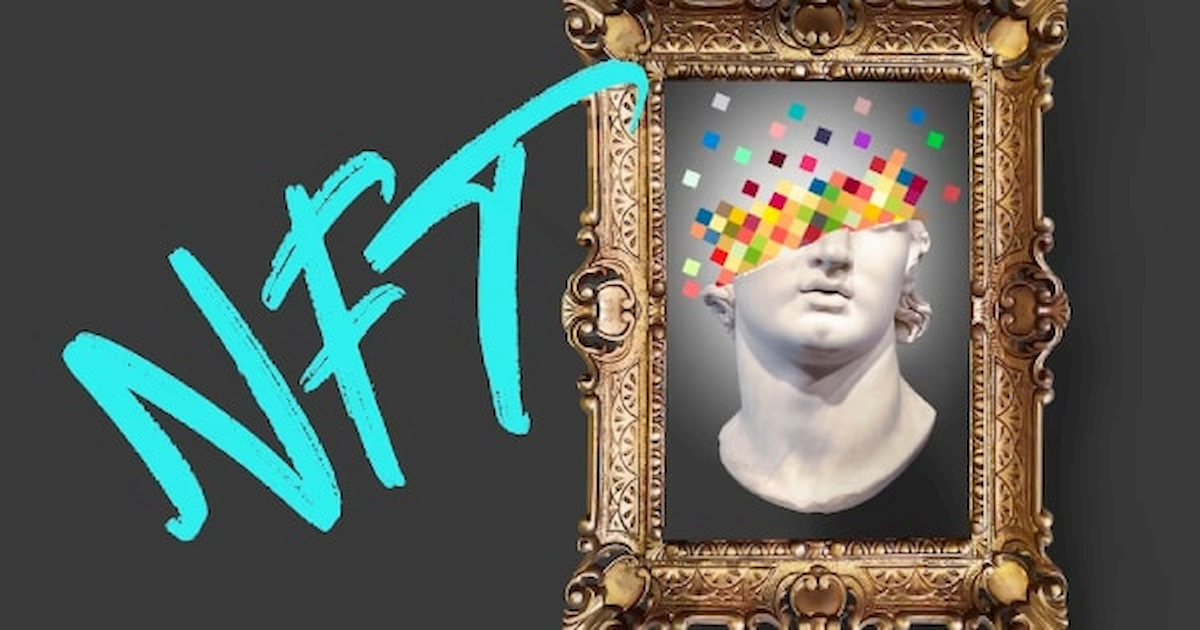Ron DeSantis signed a bill to adopt American CBDC but under the limited version of CBDC, in order to maintain the retail control on the digital money.
US digital dollar, or say American CBDC, is a blockchain technology concept-based digital form of the sovereign fiat currency of America which is under the initial phase of development. So far several US officials showed their disappointment with the CBDC plans citing financial privacy & control of their own money.
Recently Florida Governor Ron DeSantis signed a bill, that aims to prohibit some use cases of CBDC. The Florida Governor also urged all other US states to take similar kinds of action against the US CBDC.
This signed bill will ban the use of CBDCs issued by foreign governments and calls on other states to use their commercial codes to institute similar prohibitions. In short it will not be easy to use CBDC for cross border settlement, which is one of the most important features of CBDC that experts considered.
According to the Florida Governor, with the help of a CBDC based digital payment system, the government will shift the purchasing power from customers to the central bank.
CBDC & challenges
To this date, more than 100 Central banks are working on the CBDC and 20 of them are in the final phase of the CBDC development race.
More than a dozen countries have already launched their pilot phase of CBDC rollout.
The Bahamas was the first in the world, which introduced Sand Dollar, a CBDC. After that China & Nigeria launched their CBDCs. Reportedly Nigerian CBDC struggled badly to see adoption among the citizens but after currency demonetization in late 2022, citizens showed some Inclination toward the e-Naira (CBDC).
In Q1 of this year, around half a dozen Central Banks reported that they were facing several challenges with the CBDC concept, including technical challenges. A few countries’ central banks decided to quit the CBDC development plan.
Read also: Ethereum suffers a technical issue linked with “transaction finality”
Credit: Source link















































